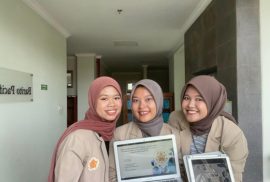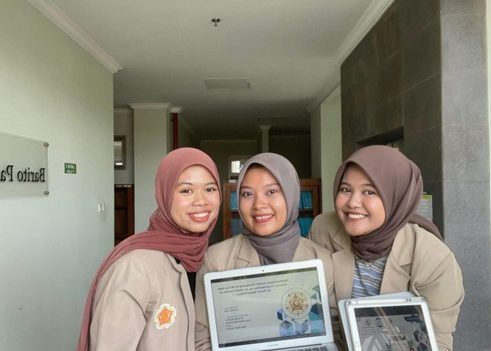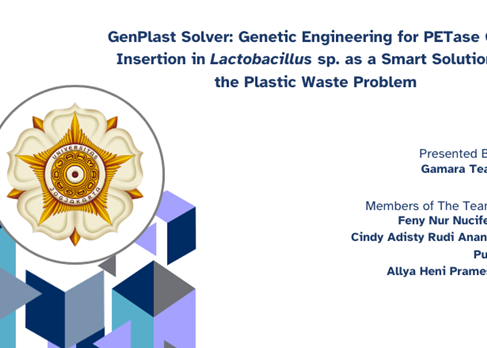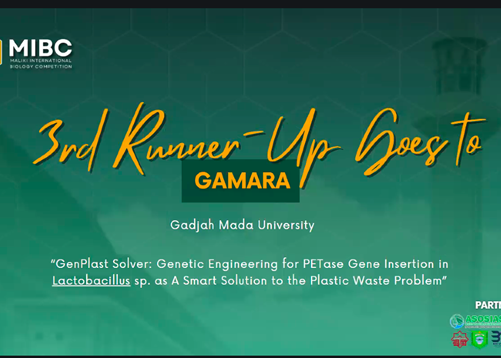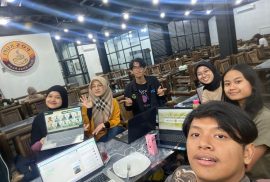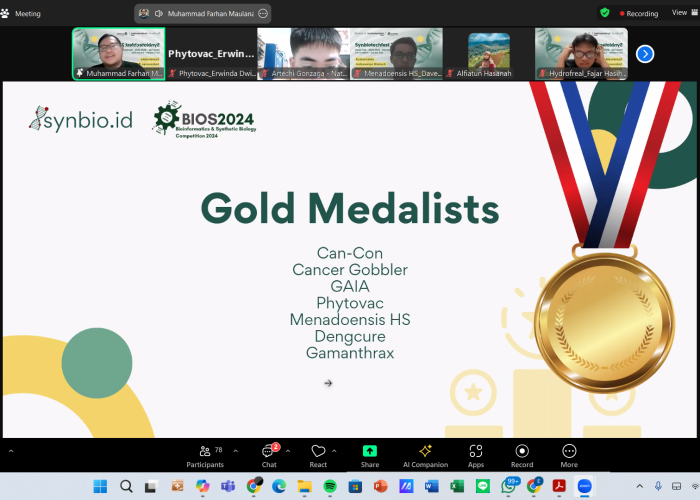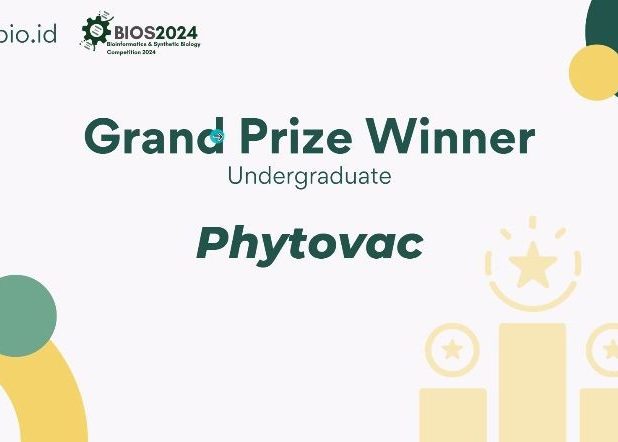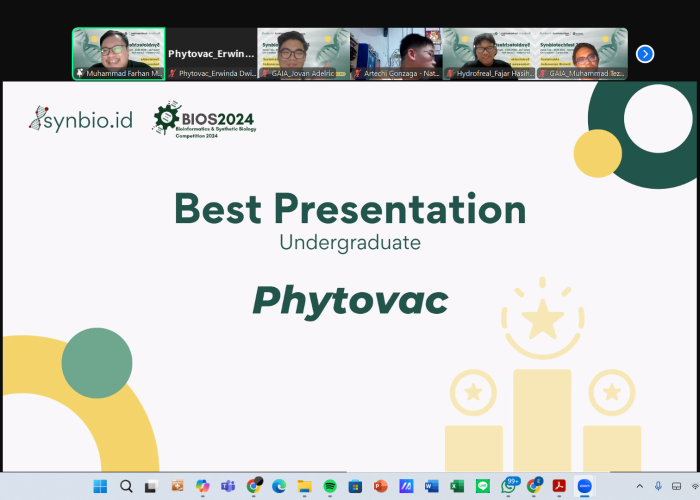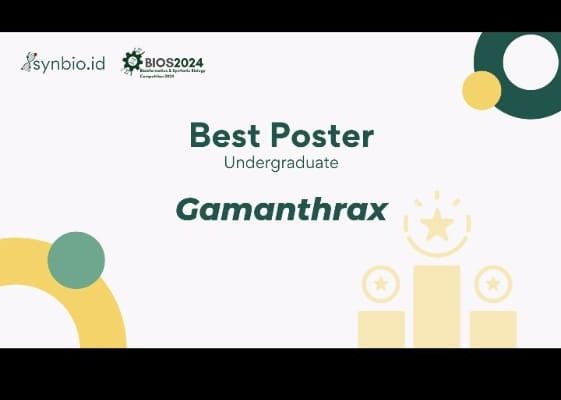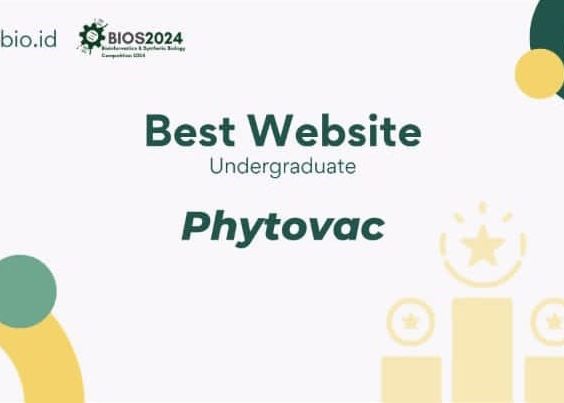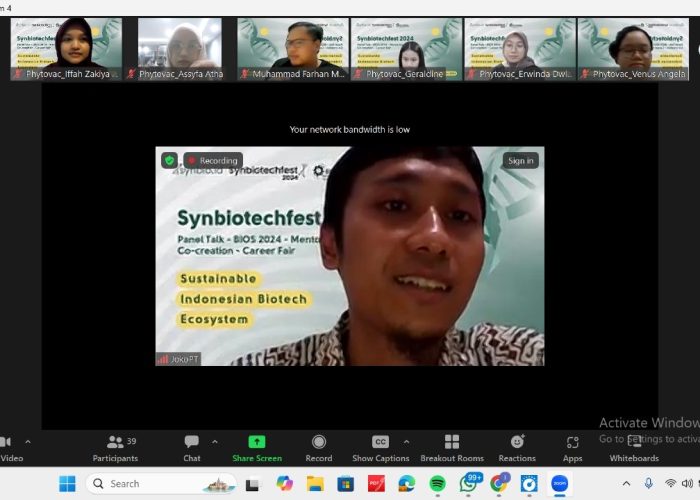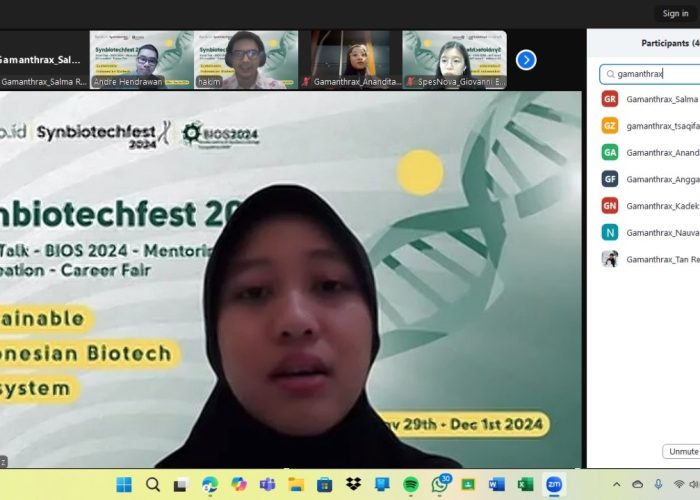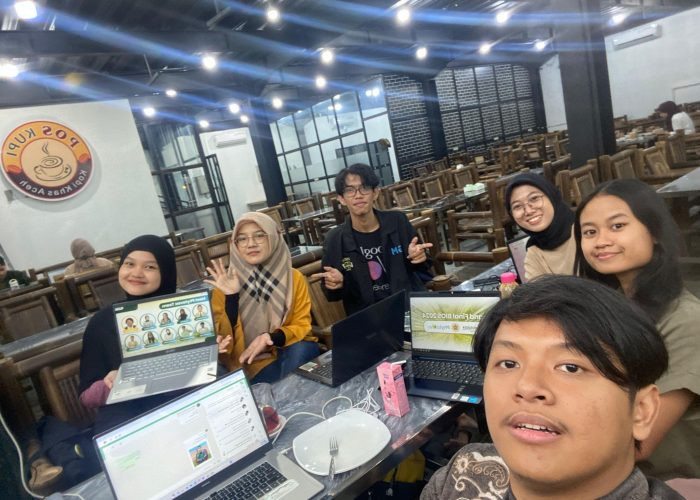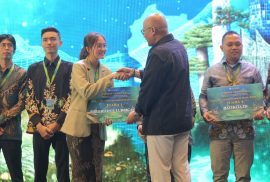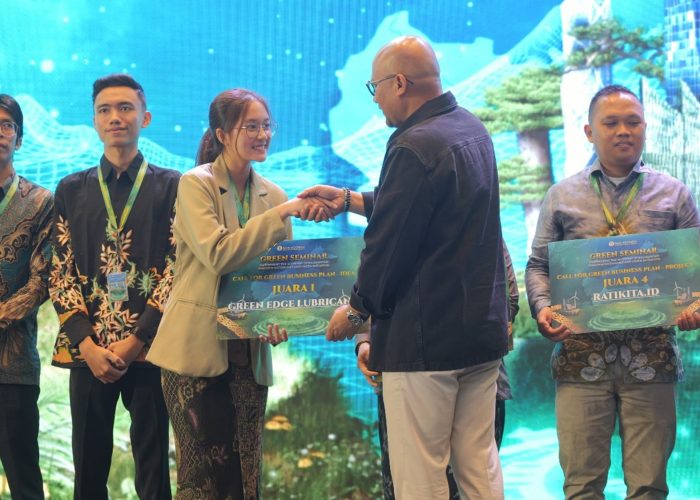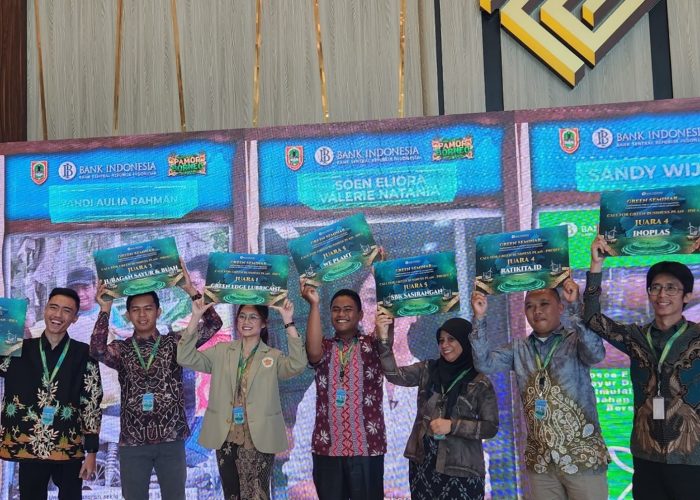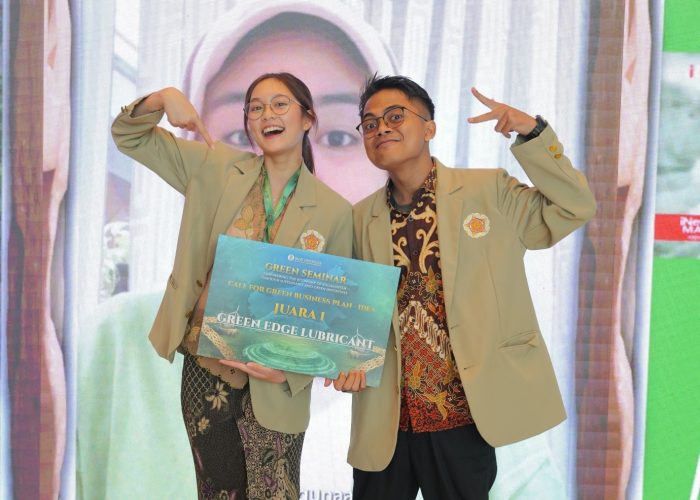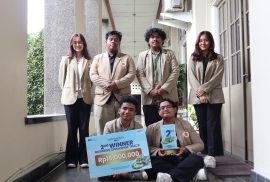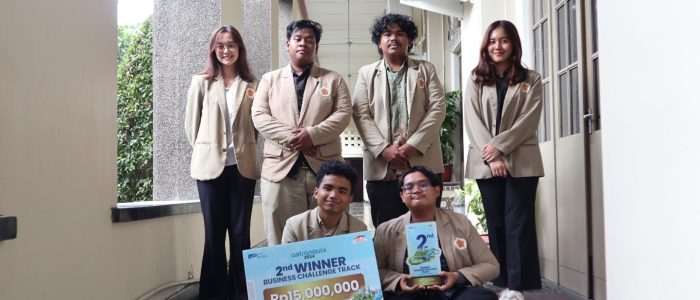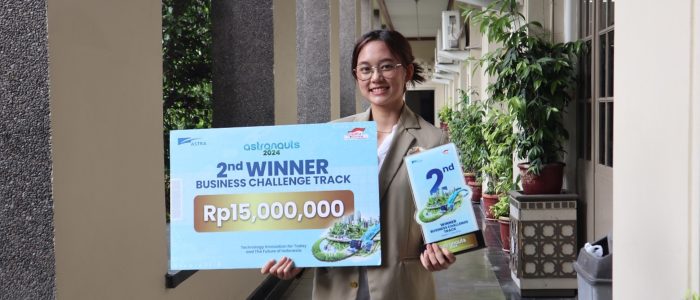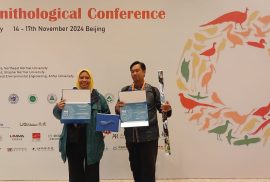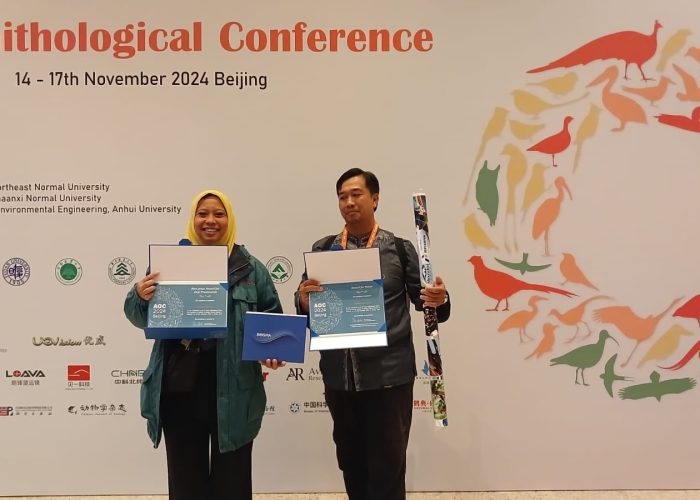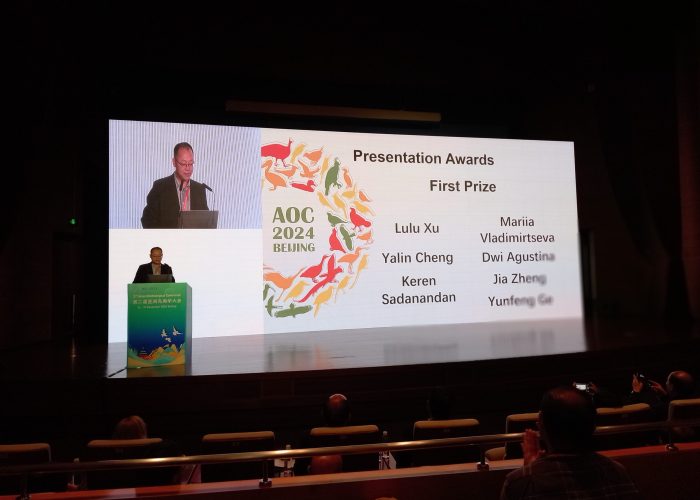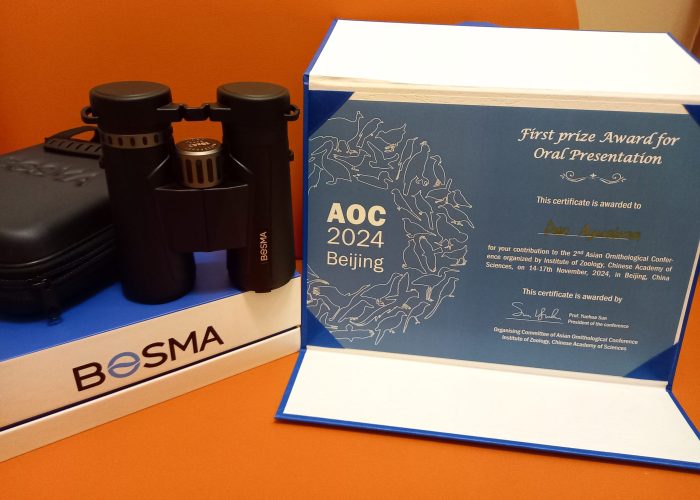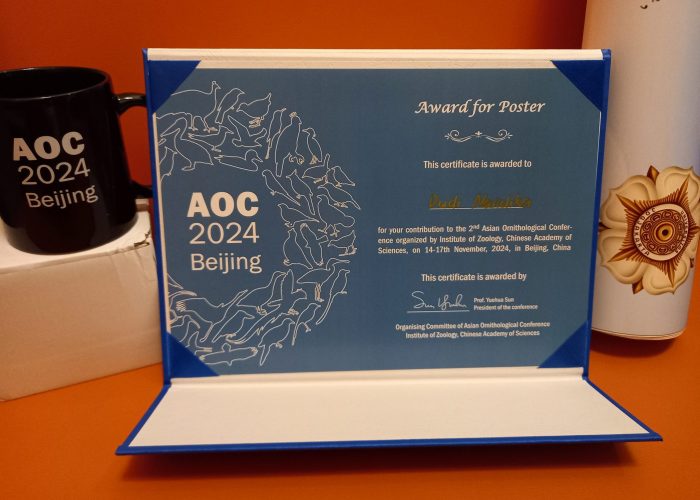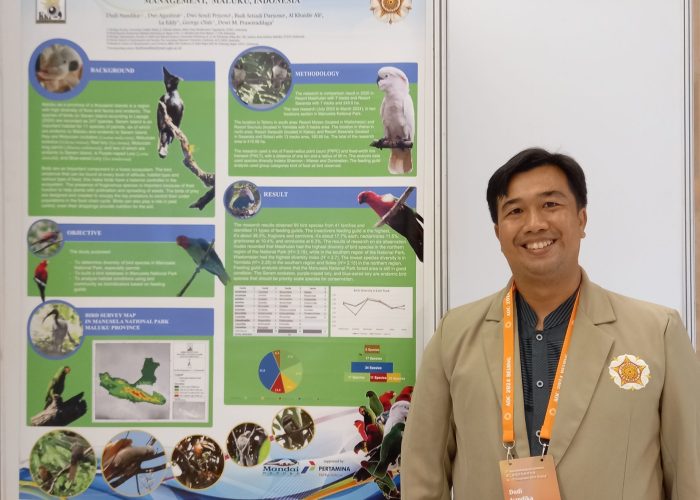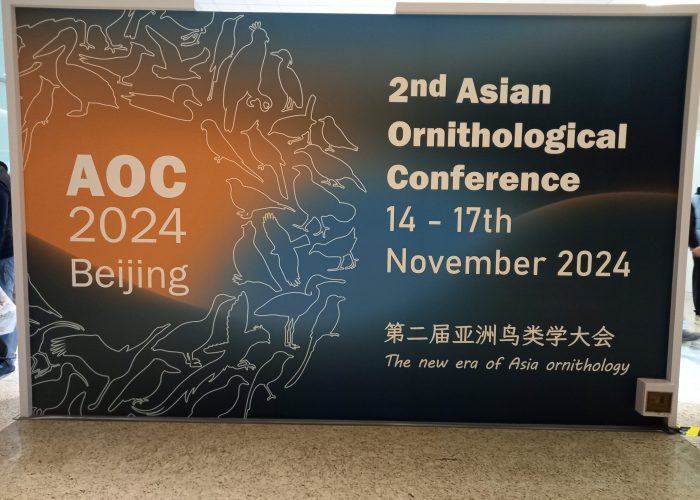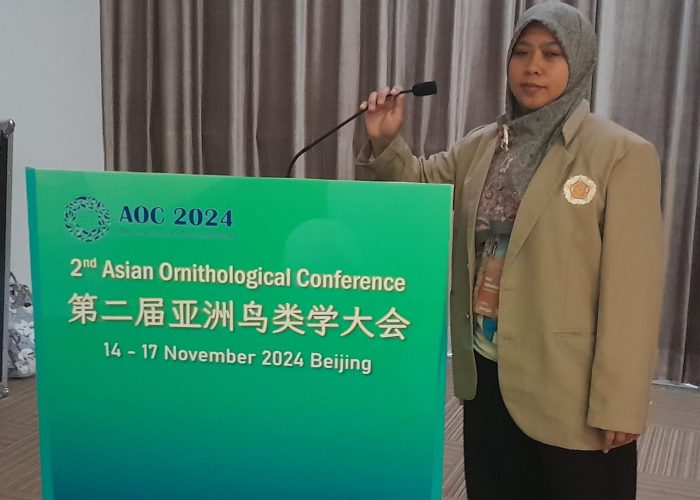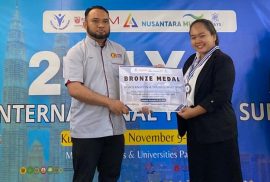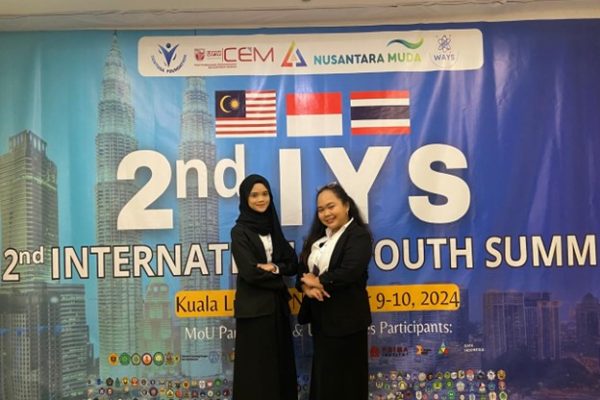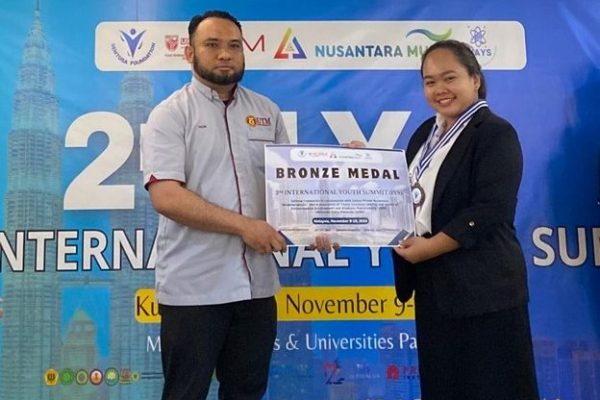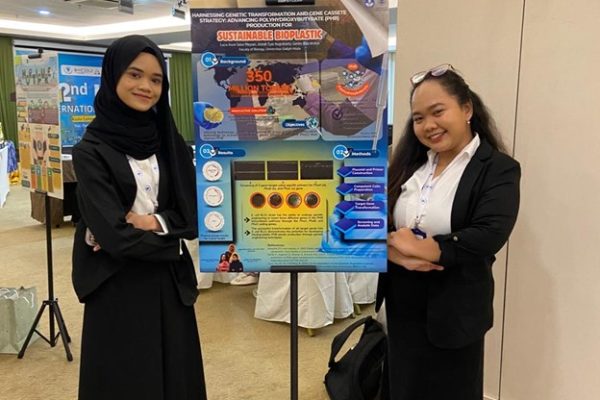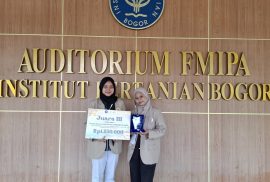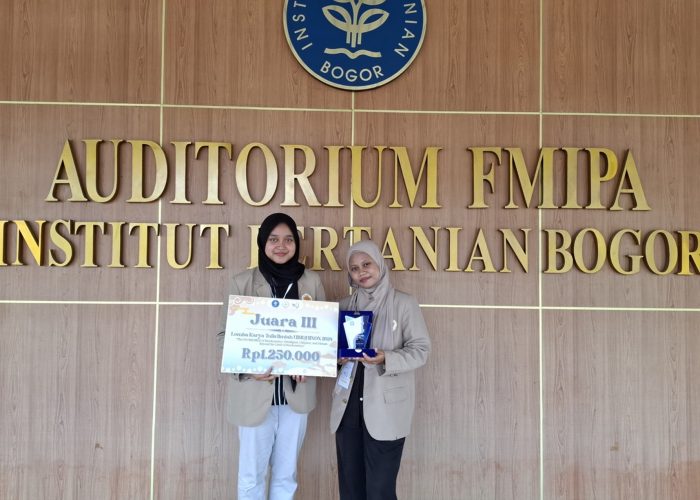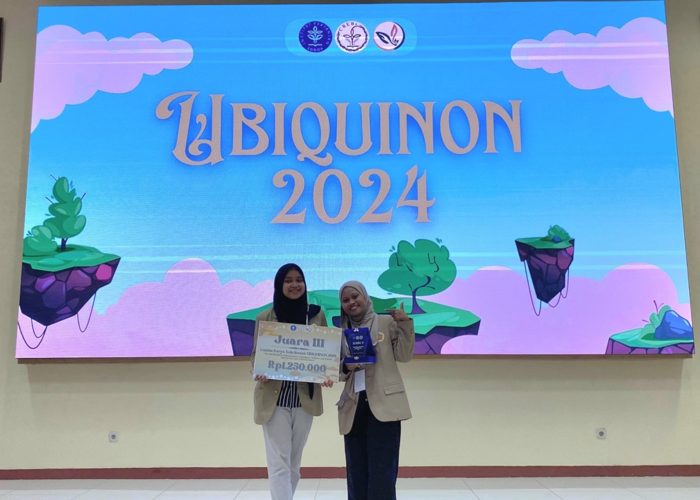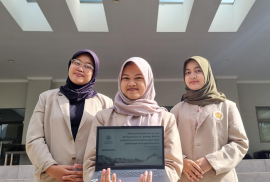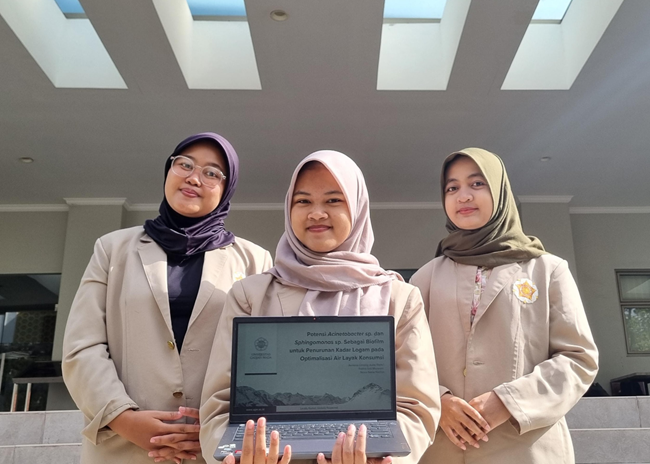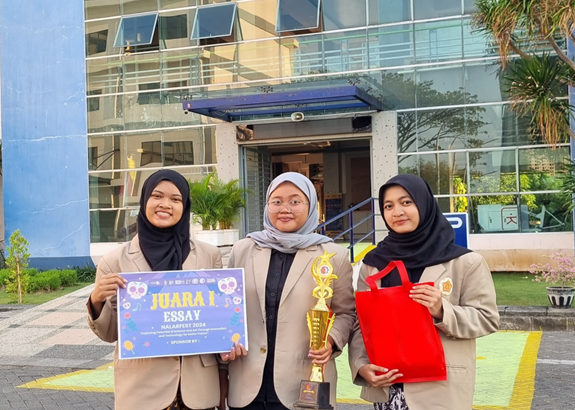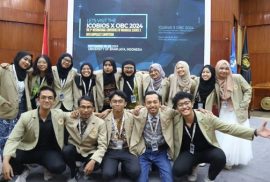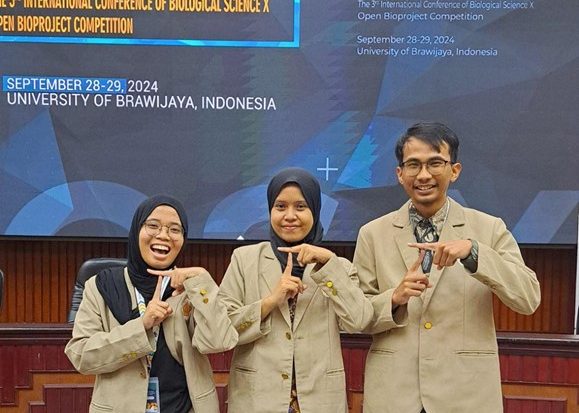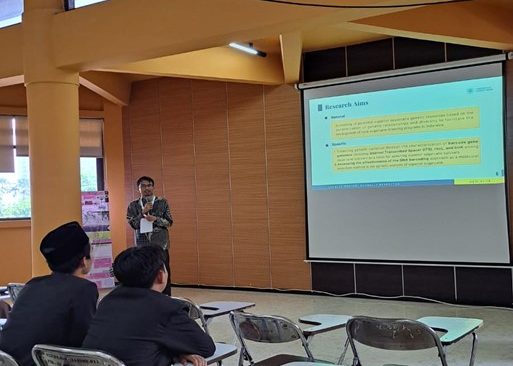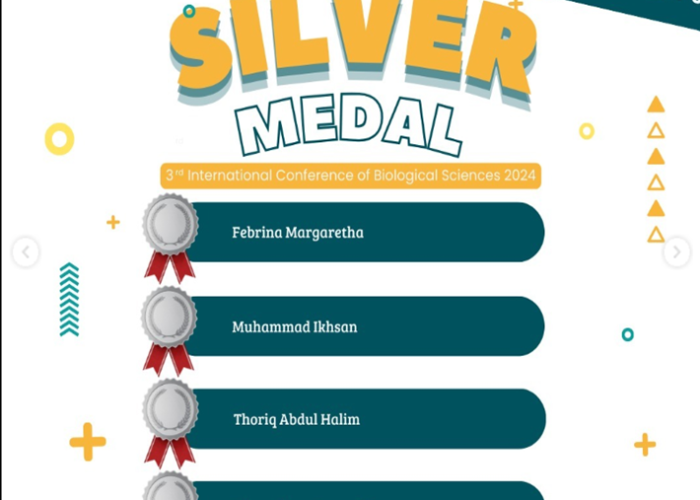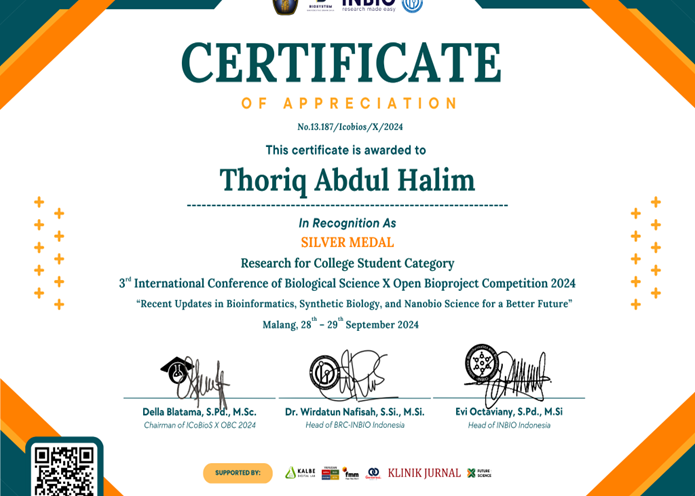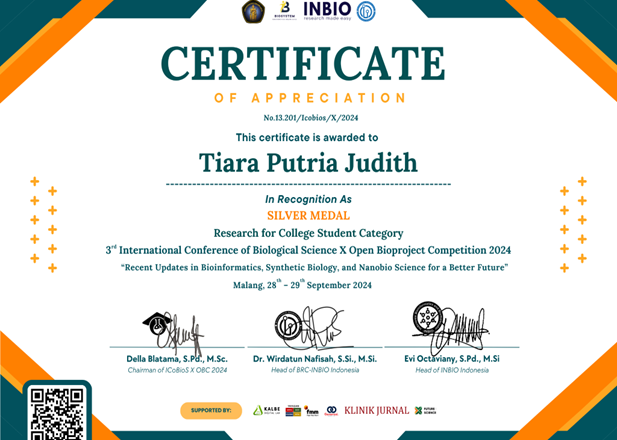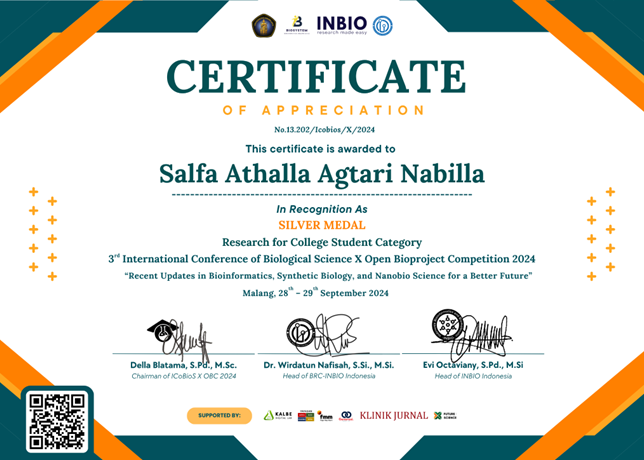Achivements
UGM iGEM Team Integrates Molecular Farming with Vaccine Production, Secures Five Awards at BIOS 2024
The BIOS 2024 competition featured a rigorous selection process, beginning with abstract submissions, proposal videos, website showcases, posters, and presentation videos from August 24 to November 10, 2024. Both UGM teams advanced to the final round on November 29, 2024, where they engaged in interactive judging sessions.
Written by: iGEM UGM Team
With this victory, Green Edge Lubricants opens the door to further product development and potential collaborations with industry partners. Their lubricant is expected to drive a significant impact on Indonesia’s metal industry while contributing to a greener and more sustainable future.
Author: Soen Eliora Valerie Natania
Representing the team, Daniel Imanuel Manafe explained that rapidly changing mining topographies often pose significant challenges to maintaining safety standards and productivity. “Traditional methods like terrestrial surveys are precise but inefficient for highly dynamic areas. Our system leverages UAV drones and 3D LiDAR to overcome these limitations,” he stated.
The technology enables real-time data acquisition using a private broadband-based control and transmission system. The vast data collected is processed and delivered to a specially designed Ground Control Station. This solution significantly reduces data collection and analysis time, providing operational advantages for the mining industry.
For team member Eliora, a Biology student, participating in the competition was challenging and enlightening. “This competition was an invaluable experience. I hope more students expand beyond their comfort zones and expertise. That’s where the greatest opportunities can emerge,” she shared.
Author: Soen Eliora Valerie Natania
- Plenary Talks: Eight speakers, including Indonesia’s Prof. Dr. Dewi M. Prawiradilaga from the National Research and Innovation Agency (BRIN).
- Keynote Talks: Four speakers, with Indonesia represented by Mohammad Irham, M.Sc. (BRIN).
- Youth Talks: Three speakers from various countries.
- Symposia: 26 sessions with 190 delegates, including Indonesia’s Dr. Anik Budhi Dharmayanthi and Yohanna Dalimunthe, M.Si. (BRIN), Prof. Pramana Yuda (Universitas Atmajaya Yogyakarta), and Dwi Agustina (UGM graduate student and Program Coordinator at the Indonesian Cockatoo Conservation Association, KKI).
- Dudi Nandika received the First Prize Poster Award for his poster, “Recent Data Analysis on Feeding Guilds of Bird Communities as Bioindicators for the Management of Manusela National Park, Maluku.”
- Dwi Agustina earned the First Prize Presentation Award for her oral presentation, “Aligning Cockatoo Conservation Efforts with Local Huaulu Customary Wisdom on Seram Island, Maluku, Indonesia.”
Malaysia witnessed the success of Universitas Gadjah Mada (UGM) students at the prestigious 2nd International Youth Summit held on November 9–10, 2024. One of UGM’s delegations won the Bronze Medal after presenting their innovation titled “Harnessing Genetic Transformation and Gene Cassette Strategy: Advancing Polyhydroxybutyrate (PHB) Production for Sustainable Bioplastic.” This creative idea, developed by the PHB Team comprising Lucia Arum Sekar Meysari, Azizah Tyas Nugrahanty and Ganies Riza Aristya from the UGM Biology Faculty, addresses the pressing global problem of plastic waste.
The competition, featuring participants from various countries, focused on the theme of youth innovation in solving global issues. The PHB Team highlighted the environmental challenges posed by non-degradable plastic waste, which threatens both marine and terrestrial ecosystems. In their presentation, they proposed a concept for biodegradable plastic production using microorganisms that decompose naturally in the environment. Moreover, this solution is not only eco-friendly but also cost-effective, as the materials used are readily available and hold significant development potential. The competition evaluated ideas based on innovation, presentation, scientific relevance, and practical implementation potential. With a thorough mastery of the subject and robust supporting data, the PHB Team successfully impressed the international jury.
Despite facing fierce competition from other nations, the PHB Team demonstrated remarkable enthusiasm in presenting their ideas. This success was the result of solid teamwork, intensive preparation, and guidance from experienced lecturers and mentors. Their victory serves as an inspiration for UGM students to continue innovating and bringing Indonesia’s name to the global stage. They hope that this idea can be further developed and implemented in real-world applications.
As an initial step toward a more sustainable future, the team’s innovation in creating biodegradable plastic solutions offers fresh hope in tackling the global plastic waste crisis. This effort contributes not only to reducing environmental damage but also aligns with the achievement of the Sustainable Development Goals (SDGs), particularly Goal 12 on responsible production and consumption and Goal 13 on climate action. Their success demonstrates that cross-disciplinary collaboration, innovative research, and a vision for a greener future can yield tangible impacts. It is hoped that this achievement will inspire more stakeholders to develop innovative solutions for creating a more sustainable world.
The competition attracted dozens of submissions, with only 15 finalists selected from leading universities across Indonesia, including Universitas Indonesia (UI), Institut Teknologi Bandung (ITB), Universitas Sebelas Maret (UNS), Institut Pertanian Bogor (IPB), Universitas Hang Tuah, and Universitas Diponegoro (UNDIP).
[Author: Nisa Abidah]
[Author: Fatiha Esti Murwani]
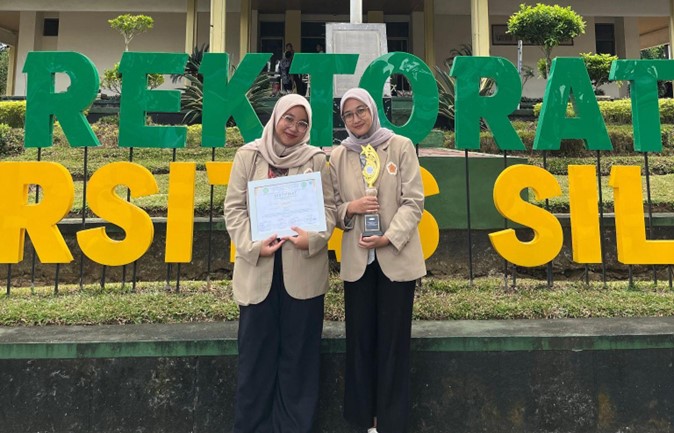
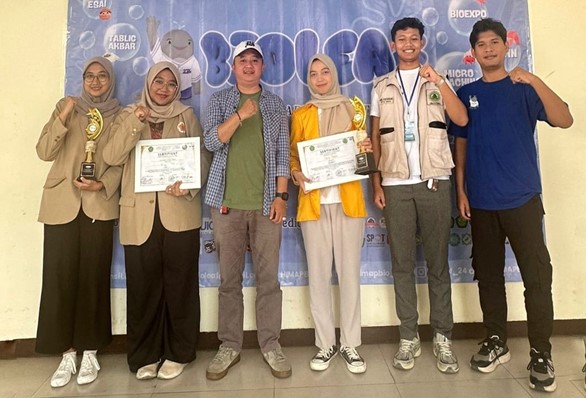
Authors: Fadlilah Rahma Julianty and Syafira Nurul Aisya

